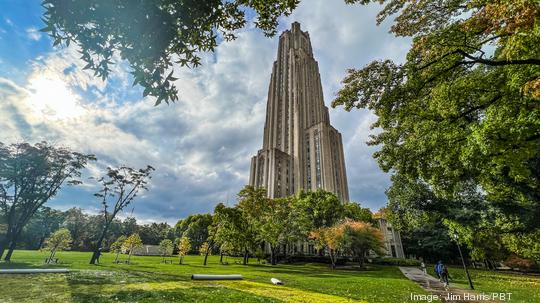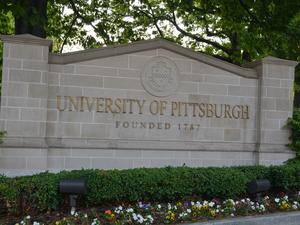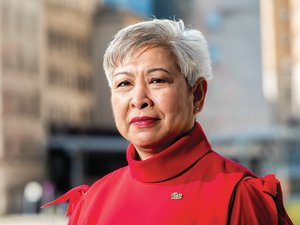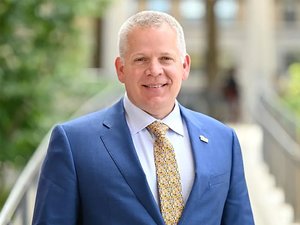
The Department of Energy awarded the University of Pittsburgh $2.2 million to establish the Cyber Energy Center, a center dedicated to improving cybersecurity within the nation’s energy infrastructure.
The center will be led by Daniel Cole, professor of mechanical engineering and materials science. Cole began his career working in nuclear energy but became increasingly interested in infrastructural cybersecurity.
“I’m interested in ways that we can build high-assurance systems for our critical infrastructures to make sure that they behave the way we want but also that bad people can’t break in,” Cole said. “This center is one avenue of creating research opportunities in that area.”
Cole said that while many people envision cybersecurity as being a mostly digital field, it is equal parts physical.
“For a long time we have been using computers to control [energy systems] but as we’re starting to network those computers together we are creating avenues for people to attack them and cause bad things to happen,” Cole said. “I use the tools that I know from control theory and engineering to ensure that when bad people get in that the system behaves nicely and doesn’t tolerate attacks.”
Center member and associate dean of Pitt’s School of Public Safety and International Affairs Erica Owen said in a prepared statement that “cybersecurity is essential to the functioning of our society.”
“Both the energy sector and federal government are concerned with how a cyber-incident could affect health, the environment, the climate and the safety of the public,” Owen said. “For the energy sector, it impacts not only their business, but public well-being.”
The center will bring together researchers from various parts of the university, with backgrounds including grid engineering, artificial intelligence computing and law and policy.
“The challenging problems are at these interfaces between fields and the things that are really hard to do are hard because you have to know more than just your little piece,” Cole said. “The fact that we can bring teams of people together to work on these problems in a way that is not normally done is great. I think we are going to be able to create solutions that haven’t existed before and solutions to important problems.”
These researchers come from Pitt’s School of Computing and Information, Swanson School of Engineering, Center for Energy, the Energy GRID Institute, School of Public and International Affairs, and Institute for Law Policy and Security.
“It’s not going to be easy but I don’t think we’re doing it because it’s easy,” Cole said. “I think we’re doing it because there’s a challenge there that is important. The fact that we’re bringing people together is good. That’s what we should be doing anyways, versus just trying to solve the problem by ourselves.”









